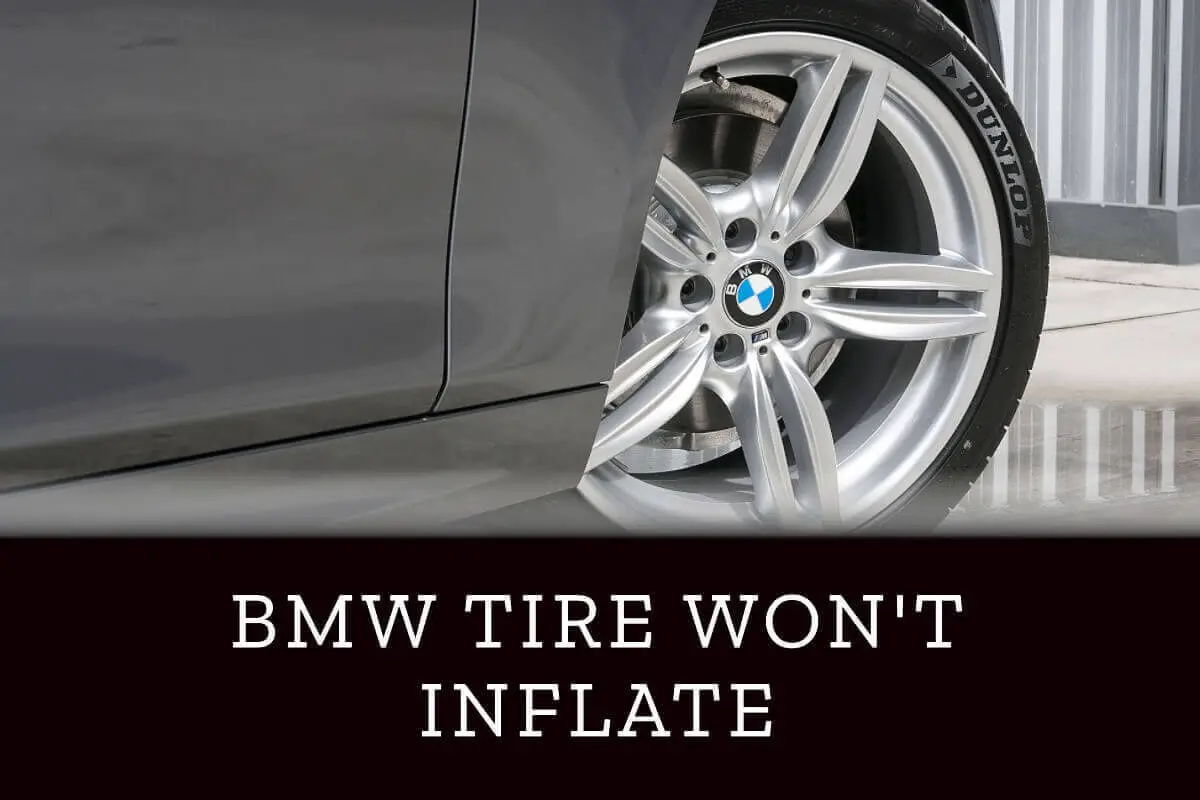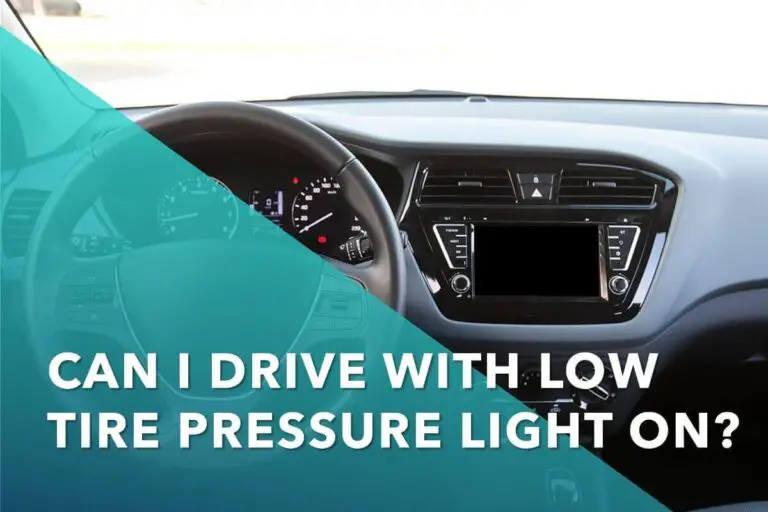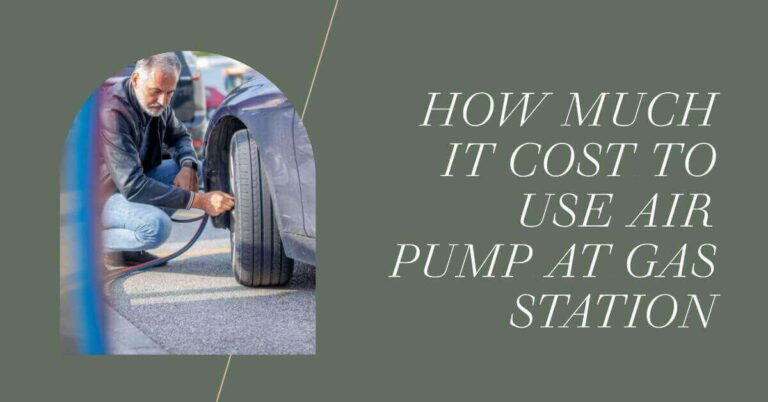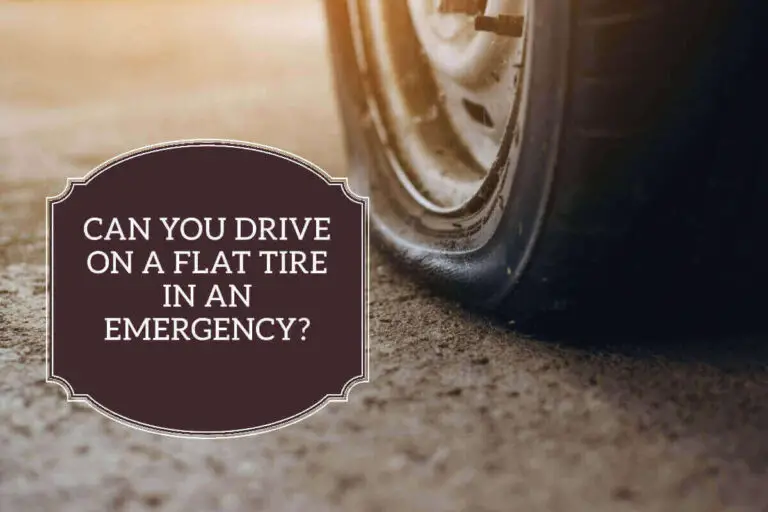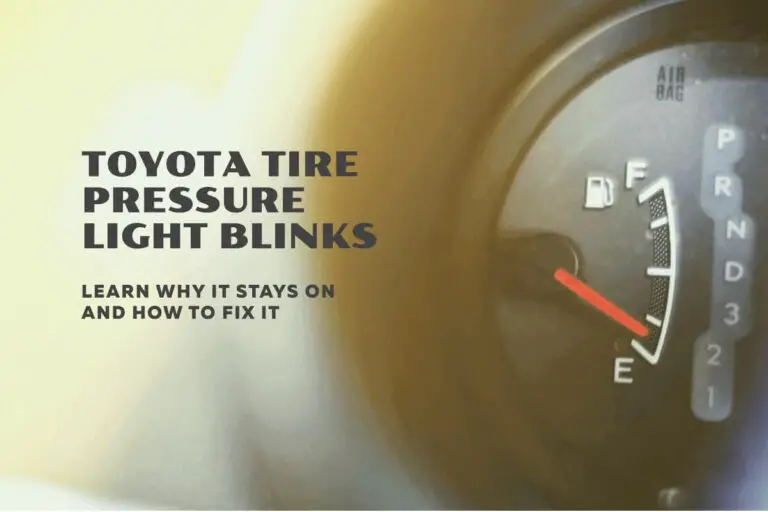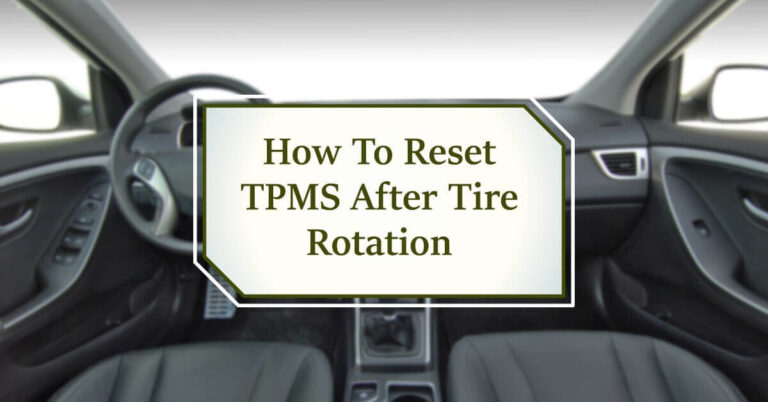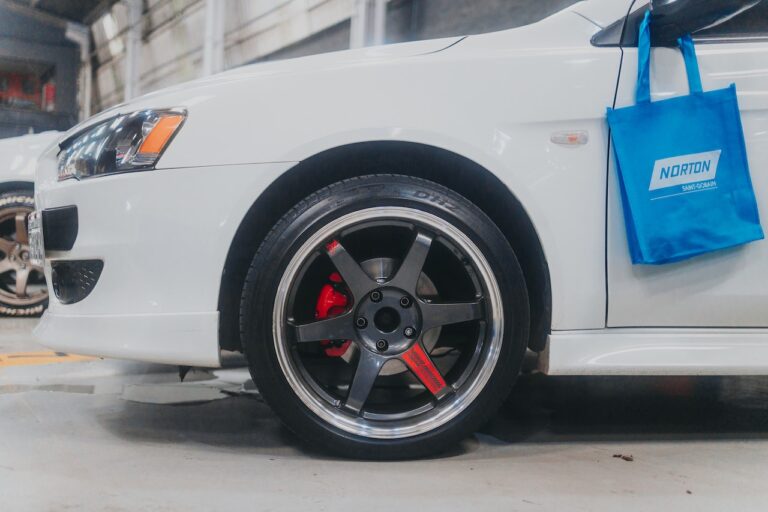Having a flat tire is no fun. Whether you drive a BMW or any other car, you know the struggle of having to replace it and the cost that comes with it. For those who own a BMW, you may be experiencing an additional problem – your tire won’t inflate.
This article provides insight into why your BMW tire won’t inflate and what can be done to fix it.
BMW Tire Won’t Inflate – Step by step
Have you ever been in a situation where your tire won’t inflate, and you don’t know why? If your BMW is giving you this type of problem, then this article can help. We’ll discuss the common causes of when a BMW tire won’t inflate, what to do when it happens, and how to prevent an issue from occurring again.
With a few simple steps, you’ll be able to get back on the road in no time.
Step 1: Check Tire Pressure
Before inflating your BMW tires, it is important to check the air pressure in all four tires with a tire gauge. Over-inflated or under-inflated tires can lead to premature wear, resulting in expensive repair costs or, even worse, a blowout while driving on the highway. Ensure that each tire has enough pressure when inspected; if not, add more air as manufacturer guidelines recommend for your specific model year BMW vehicle.
Step 2: Identify Issues
When a BMW tire doesn’t inflate, it can be a frustrating issue. Fortunately, there is usually one key step in diagnosing and solving the problem – identifying the exact issue. Here are some tips on how to identify issues when your BMW tire won’t inflate:
- The first thing that needs to be done is to check for any obvious signs of a puncture or damage in the tire.
- If you can see any holes or cuts, then this could well be your problem.
- If not, then it’s worth taking a look at the valve stem itself.
- Check that it’s still secure and functioning properly – sometimes dust and debris can get stuck in the stem and prevent air from getting through.
Step 3: Add Air Pressure
If you’re having trouble getting your BMW tire to inflate, the next step is to add air pressure. Properly inflated tires are key for safe and reliable driving performance. To add air pressure to your BMW tire, start using a digital tire gauge or pressure gauge specifically designed for cars. Make sure you check the manufacturer’s recommended pressure level for the make and model of your car before adding air.
Step 4: Use Compressor
Once you have the correct reading, use an air compressor pump at a gasoline station or auto parts store to fill up the tires with pressurized air until they reach their desired level. When using a compressor, ensure you have all the necessary components, such as an air hose, air regulator valve, and other attachments.
Start by connecting the air hose from the compressor to the tire valve stem. Once everything is connected correctly, adjust the pressure setting on your regulator valve and turn it on. It will allow compressed air to flow into your tire until it reaches its optimal pressure level.
Step 5: Check for Leaks
If the tire has been successfully repaired, the next essential step is to check for air leaks. A leak can cause the tire to deflate again and necessitate another repair. When inspecting for potential leaks, look around the bead area where the rim meets the tire’s rubber.
Make sure there are no holes or tears in this area and that all screws are properly tightened. In addition, inspect any additional components, such as rims and valves, for cracks, punctures, or other damage that may have caused or contributed to the flat tire. If any issues are found, they should be addressed immediately with replacement parts or repairs.
If you drive a BMW and have experienced the frustration of a flat tire, you’re not alone. It’s a common issue for owners of all makes and models, so it shouldn’t be a surprise that BMW tires can sometimes be troublesome to inflate. Unfortunately, it can be difficult to determine why your BMW tire won’t inflate.
Reasons Why BMW Tire Won’t Inflate
BMW tires are known for their reliability and performance, but it can be a real headache when they don’t inflate. Whether you’re trying to get to work on time or want to enjoy a safe ride, understanding why your BMW tire won’t inflate is the first step towards fixing the problem.
1. The Tire is Punctured or Torn
One of the most common culprits is a puncture or tear in the tire. It can happen from various sources, such as debris on the road or an object coming into contact with your tire at high speed. When this happens, you are left with two options depending on the severity and type of puncture: repair or replacement.
Suppose you suspect that your BMW tire has been punctured or torn. In that case, it is important to inspect it closely and determine what type of damage has occurred before attempting any repairs if there is more than 1 inch of penetration into the inner layer of rubber by an object such as a nail, screwdriver head, etc.
2. Leaking Valve Stem
Leaking Valve Stem can be one of the most frustrating problems a BMW owner will encounter. If your tires don’t inflate properly, your wheel’s valve stem may leak. Not only will this cause your tire to lose air pressure quickly, but it can also cause serious damage to the wheel itself if left unchecked.
Fortunately, there are some steps you can take to determine whether or not a leaking valve stem is causing your BMW tire to stay flat.
- The first step is to check for any visible signs of leakage in and around the wheel rim.
- If there appears to be any evidence of moisture or oil.
- Then there’s likely an issue with your valve stem seal.
- You should invest in a pressure gauge to ensure the correct pressure is being maintained in all four tires at all times.
3. Physical Damage to the Wheel or its Rim
Physical damage to the wheel or its rim can cause several problems with your BMW tires. If your BMW tire won’t inflate, the most likely culprit is a damaged wheel or rim. The wheels and rims are responsible for attaching the tire to the car and providing stability while driving.
You must regularly check the wheel and its rim for any signs of damage, such as dents, scratches, cracks, or scuffs. If you find any physical damages, it’s best to take your car to an authorized service center where they can diagnose and repair them properly.
4. Incorrect Tire Size
Incorrect Tire Size is a common problem that can lead to a variety of issues with your BMW vehicle. In particular, if the wrong size tire is used, it may not be able to inflate properly and can compromise the performance of your car. In some cases, this could even lead to an accident.
To ensure you are using the correct tire size for your BMW, it’s important to understand some basic tire sizing information and know how to measure your tires accurately. The most important factor when choosing the right tire for your BMW is knowing its exact measurements. Incorrect tire size can affect other components, such as suspension and braking systems.
Tips for Inflating a BMW Tire
If you drive a BMW, you know how important it is to keep your tires in good condition. Unfortunately, sometimes even the best-maintained tires can encounter problems with inflation. If your BMW run flat tyre won’t inflate properly, don’t panic! Here are some helpful tips to get the job done quickly and efficiently.
- Before inflating any tire, the first step is to ensure the valve cap is securely attached and that no leaks or debris are blocking the valve stem.
- Once this has been checked, you can proceed with inflating the tire.
- It’s important to use an air compressor specifically designed for inflating car tires – any other type of air compressor may cause damage to the tire or wheel rim.
Considerations to Make When Buying Tires
When buying tires, there are a few essential considerations to be aware of.
- First and foremost, you must consider the size of your BMW wheel and tire package.
- It will ensure that the tire you purchase is compatible with your vehicle.
- You should also think about the performance needs of your BMW.
- Tires come in different grades that vary in traction, handling, and fuel economy.
- It’s essential to select a set of tires that meets all your needs while also staying within budget.
- It is beneficial to consider the warranty associated with each tire brand when deciding what will best suit your driving habits and lifestyle.
- You should factor in any applicable discounts or rebates available from various vendors when shopping for tires for your BMW so as not to break the bank.
Conclusion – bMW tyre won’t inflate
BMW tires are a reliable and durable option for automotive owners. While there can be issues with air pressure in some cases, most of the time, these problems can be resolved easily by checking the tire pressure regularly and having it fixed if needed. Furthermore, it is important to note that knowing how to do it properly. So, to ensure that your BMW tire won’t inflate or underinflate.
Overall, the ability of a BMW tire to hold air pressure longer than average can provide drivers with peace of mind when driving on highways or through rough terrain. The combination of long-lasting performance and reliability makes them an ideal tire choice for anyone looking for value from their investment in automotive parts.
FAQs
How do I fix my BMW tire pressure?
The best way to fix your BMW tire pressure is to check the owner’s manual for the recommended pressure. You can also find this information on the tire itself. Once you know the correct tire pressure, use a tire gauge to make sure your tires are inflated to that level. If not, add air until they reach the desired pressure.
How do I reset my BMW air pressure?
Resetting your BMW air pressure is easy! Start by turning off the engine and unscrewing the valve cap from each tire. Then, use an air pressure gauge to check the current air pressure in each tire. Adjust the air pressure as needed, replace the valve caps, and you’re all set!
How do you inflate BMW tires?
Inflating BMW tires is easy! Start by locating the tire valve. Then, use a tire pressure gauge to measure the current air pressure in your tires. After that, use an air compressor or hand pump to add air until you reach the recommended PSI level for your vehicle (check your owner’s manual). Make sure you check the tire pressure again to ensure it’s correct.
Can BMW run flat tires be repaired?
Yes, BMW run-flat tires can be repaired. However, they are not repairable in the same way as regular tires. The sidewalls of run-flat tires are reinforced to remain inflated even when punctured. Therefore, a patch or plug repair is unsuitable for repairing a run-flat tire and must be replaced with a new one.
How does BMW TYRE pressure sensor work?
BMW’s tire pressure sensor system monitors the air pressure in each tire and sends a signal to the onboard computer. It alerts the car when one of your tires is low on air, so you can take action before it becomes a bigger issue. The sensors are located inside each wheel and measure the air pressure and temperature inside the tire. If any of these readings are outside of what’s considered normal, an alert will be sent to the driver.
Does BMW inflate tires for free?
It depends on the dealership. Some BMW dealerships offer free tire inflation as part of a service package, while others may charge a fee. It’s best to call your local BMW dealership and ask if they offer free tire inflation services.

